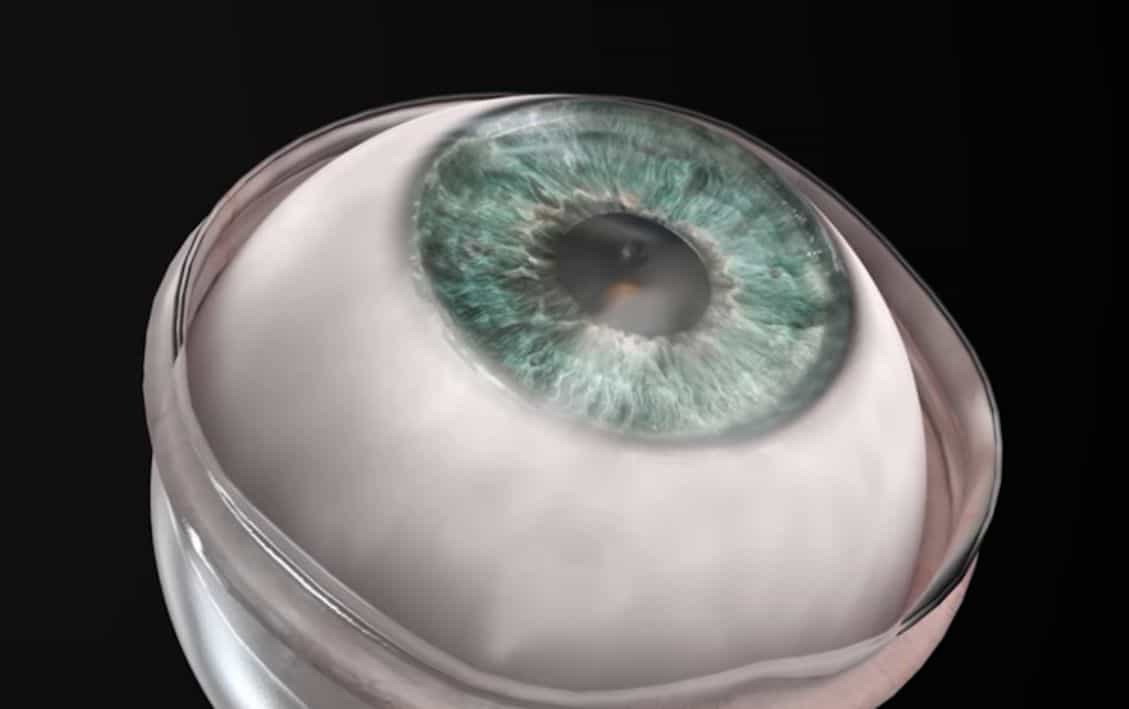The implanted cornea does not cause rejection by the human immune system, its developers say.
In Israel, CorNeat specialists and surgeons from the Rabin Medical Center restored eyesight to a 78-year-old patient who had previously been diagnosed with complete blindness. The vision was restored after surgery using the KPro implant, a synthetic cornea that does not require donor tissue.
It is reported that the operated patient began to see the very next day after surgery and quickly completed basic tests at an ophthalmologist’s appointment.
The CorNeatKPro implant is specifically designed to replace a deformed, scratched or cloudy cornea. Moreover, the operation does not require transplantation of rare donor tissues.
Previously, these tissues were the main obstacle to similar operations – patients had to look for donors, and then not every tissue took root in the body of a new person. Corneat was able to solve these problems and make corneal transplant surgery much cheaper, according to researchers.
- Brief Anger Hampers Blood Vessel Function Leading to Increased Risk of Heart Disease and Stroke – New Study
- New Blood Test Pinpoints Future Stroke Risk – Study Identifies Inflammatory Molecules as Key Biomarker
- Enceladus: A Potential Haven for Extraterrestrial Life in its Hidden Ocean Depths
- New Experiment: Dark Matter Is Not As ‘DARK’ As All We Think
- Scientists in Fear of This New Predator From Red Sea Eating Native Species in Mediterranean
It is specified that the artificial cornea is made of a porous synthetic material that mimics the microstructure of the extracellular matrix. Collagen mesh provides structural and biochemical support to surrounding cells, and during implantation stimulates cell proliferation, which leads to rapid tissue integration.
- Brief Anger Hampers Blood Vessel Function Leading to Increased Risk of Heart Disease and Stroke – New Study
- New Blood Test Pinpoints Future Stroke Risk – Study Identifies Inflammatory Molecules as Key Biomarker
- Enceladus: A Potential Haven for Extraterrestrial Life in its Hidden Ocean Depths
- New Experiment: Dark Matter Is Not As ‘DARK’ As All We Think
- Scientists in Fear of This New Predator From Red Sea Eating Native Species in Mediterranean
Earlier, scientists from the University of Virginia found a link between physical activity and the slowdown or complete stop of the development of macular degeneration, glaucoma, diabetic retinopathy and other eye diseases that lead to blindness with age.
Previously, the University of Toronto developed a hydrogel that restores retinal cell function.
